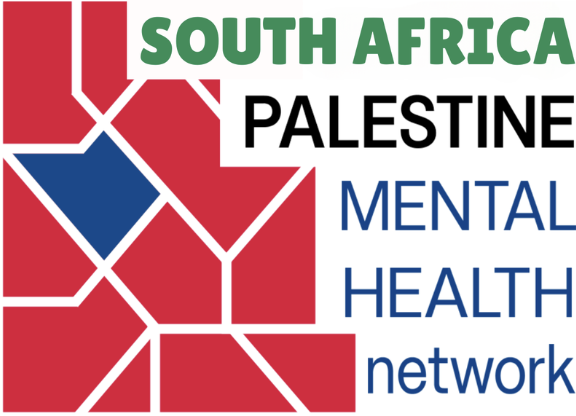Decolonizing Mental Health
A Call for Ethical Practice in Response to Palestinian Suffering
Decolonizing Mental Health
A Call for Ethical Practice in Response to Palestinian Suffering
South Africa Palestine Mental Health Network
As a collective of mental health professionals, scholars, and community workers dedicated to decolonial and liberatory practices, the South Africa Palestine Mental Health Network is deeply concerned by the pervasive depoliticization of Palestinian suffering at the hands of global psychological discourse. This ongoing genocide, mass displacement, forced starvation, and systematic destruction of civilian life in Palestine are not "traumatic events"; rather, they are sustained, persistent, and continuous political violence embedded within a century-long settler-colonial project.
The 7th Global Mental Health Summit, taking place in Cape Town, 2025, within the historic City Hall where Nelson Mandela spoke against apartheid, underscored an ethical crisis within global mental health scholarship. Despite ongoing genocide in Gaza and the comprehensive collapse of Palestine's entire mental health system, organizers of the summit included a presentation by an Israeli academic from Ben-Gurion University—an institution directly involved in Israel's military and settler-colonial structures. Such a decision reflected a broader failure to uphold the principles of justice, decolonial practice, and the academic boycott, or BDS, calling for the non-normalization of Israeli institutions until they cease their complicity in oppression.
When Health Care Workers for Palestine–South Africa (HCW4P-SA) requested that the Israeli presenter condemn the genocide and acknowledge its catastrophic mental health consequences, both the organisers and the academic refused. Although the presenter ultimately withdrew, another delegate delivered the presentation in absentia on her behalf, a move that attempted to circumvent political accountability and sanitize institutional complicity. This incident exemplifies a pattern in which Israeli academics are platformed without confronting the violence their state perpetrates, while Palestinian scholarship is marginalised or erased.
This ethical rupture escalated further with the announcement of the 2025 Sigourney Award to an Israeli trauma scholar whose work examines trauma and testimony but who has remained silent throughout a genocide recognised by amongst others, the UN Commission of Inquiry, Israeli human rights groups, genocide scholars and global mental health practitioners. Awarding such recognition at a time of mass killing, forced starvation, child amputations, and systematic torture reinforces a longstanding dynamic: Palestinian suffering becomes academic data, while Palestinian lives and voices are rendered disposable.
For mental health practitioners and scholars, this moment demands clarity. Psychology cannot claim neutrality while platforms and awards legitimise institutions complicit in genocide. Upholding our professional responsibilities requires refusing the depoliticisation of state violence, honouring the leadership of Palestinian mental health professionals, recognising the legitimacy of BDS as an ethical framework, and ensuring that mental health spaces do not become instruments that normalise apartheid, occupation, or genocide. Silence within our field is not neutral but rather, it is a form of complicity.
Giving such recognition amidst mass killing, forced starvation, child amputations, and systematic torture only reinforces a longtime dynamic: Palestinian suffering becomes academic data, while Palestinian lives and voices are rendered disposable (Lama article).
This is a moment of clarity that needs to be called for on the part of mental health practitioners and scholars. It is unconscionable for psychology to claim a neutral position while platforms and awards continue to legitimize institutions that are complicit in genocide. Our practices must align with our professional standards of justice and decolonial principles.
We cannot continue to locate suffering caused by systematic and structural oppression within the individual and describe Palestinian experiences primarily through the narrow clinical frame of "Post-Traumatic Stress Disorder (PTSD)". Its application in contexts of ongoing political terror, military occupation, and structural violence risks pathologizing populations for their human responses to abnormal and deliberate conditions of harm. Framing genocide-induced distress as a medicalised disorder obscures the political intentionality of the violence and shifts attention from perpetrators to victims.
In Palestine, trauma is not "post" but is continuous, cumulative, and deliberately reproduced. The language of PTSD fails to capture the structural nature of Israeli state violence, the intergenerational transmission of political oppression, the fragmentation of land, autonomy, kinship networks, and safety, and the impossibility of recovery while violence continues.
We therefore call for a paradigm shift towards frameworks that include understanding of collective and historical trauma, political violence and liberation psychology models that understand mental health within the systems of domination and resistance that shape people's lives.

